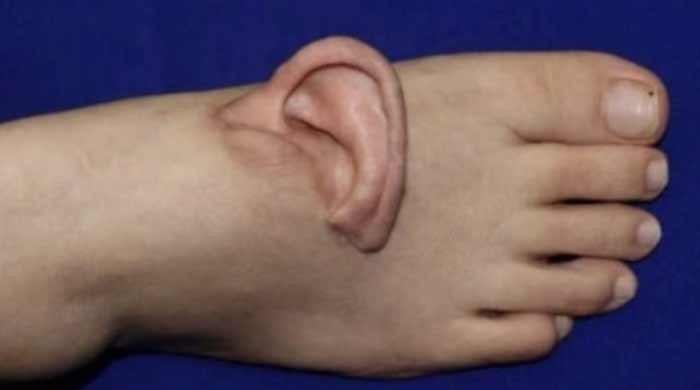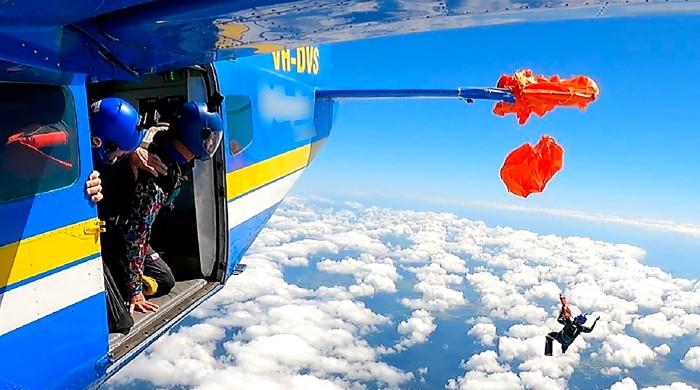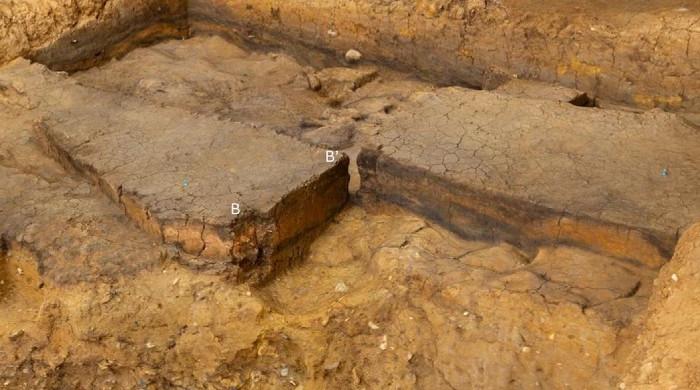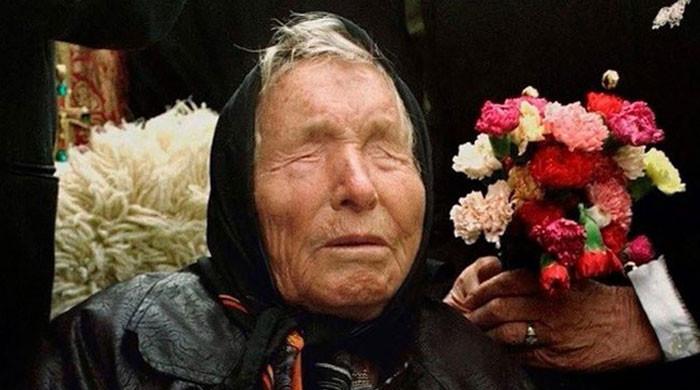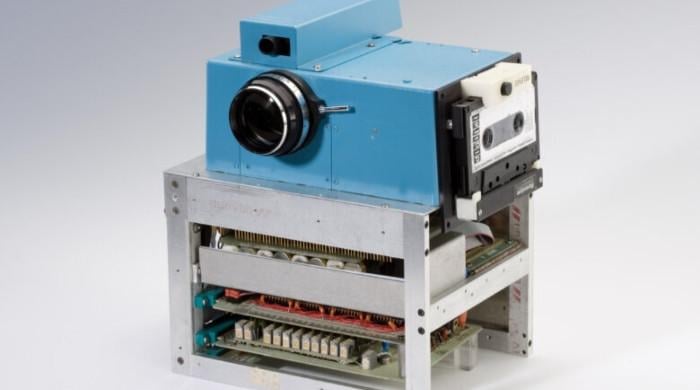Previously thought to be extinct species of snails set free on island
1,329 pea sized snails from previously thought-to-be extinct Desertas Island species released into wild
December 28, 2024
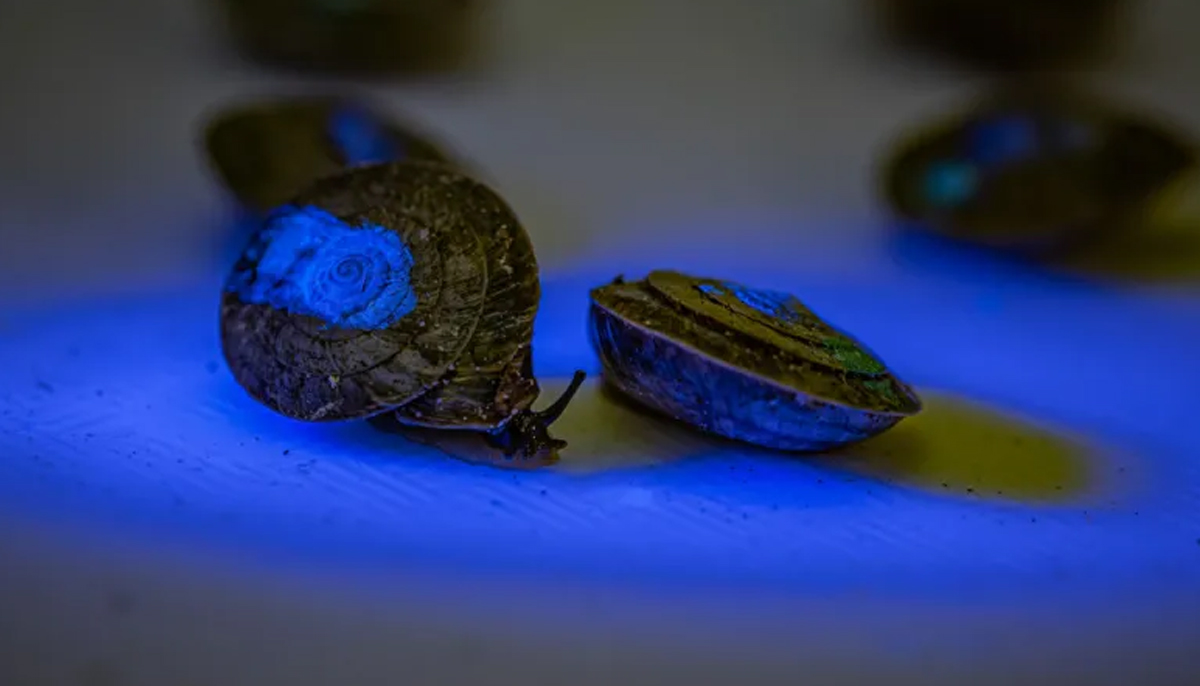
About 1,329 pea sized critically endangered snails bred in a zoo have been set free on a remote Atlantic island to roam as they please.
The release of the snails brings back two species of Desertas Island land to the wild. Before this, these kinds of snails were thought to be extinct — neither of the species were spotted for a century, as per BBC.
It all changed when a team of conservationists found a small population of the snails living on the rocky cliffs of Deserta Grande Island, near Madeira and prepared for a rescue effort.
A home was created for them in a converted shipping container after the snails were brought to the zoos of the UK, France as well as the Chester Zoo.
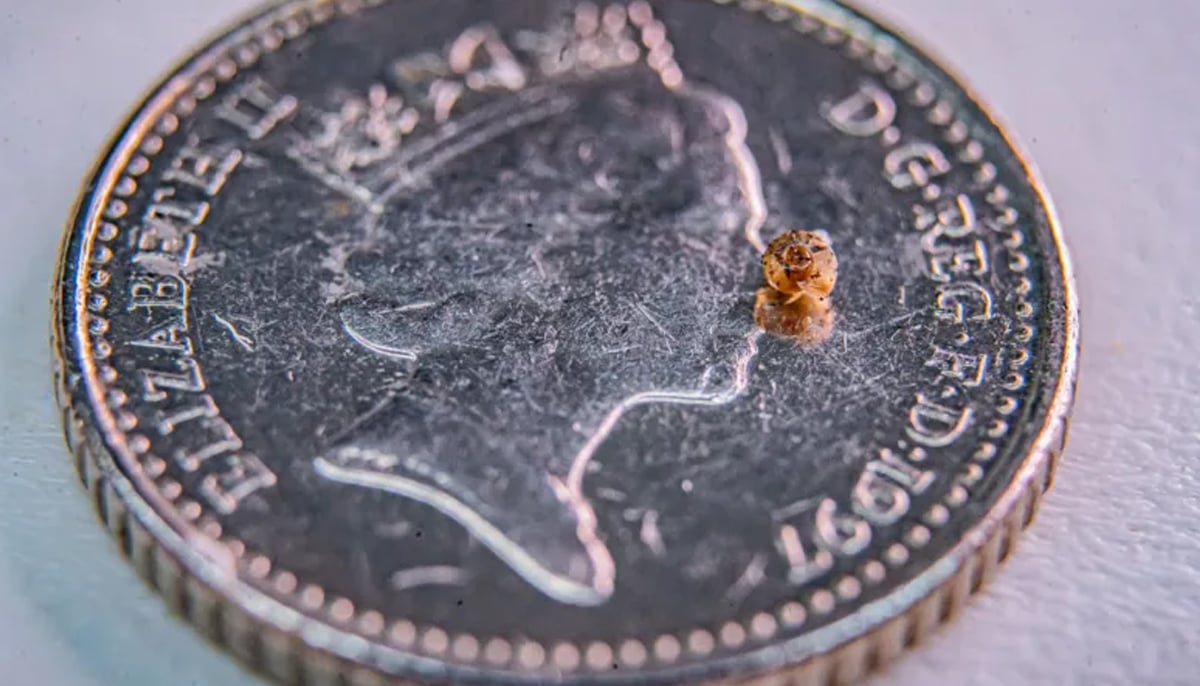
It was believed that their habitat was destroyed to their extinction by rats, mice and goats that were brought to the island by humans. It was proved wrong by expeditions between 2012 and 2017.
About 200 surviving snails were found on the island and were believed to be the last from their species and so they were brought into captivity.
At Chester Zoo, the team made a new home for 60 of the precious rare snails and were given the right food, vegetation and conditions in their miniature habitat tanks.
The 1,329 snail offspring, bred at the zoo, have now been marked with dots using non-toxic pens and nail varnish for identification. They have been transported back to the wild for release.
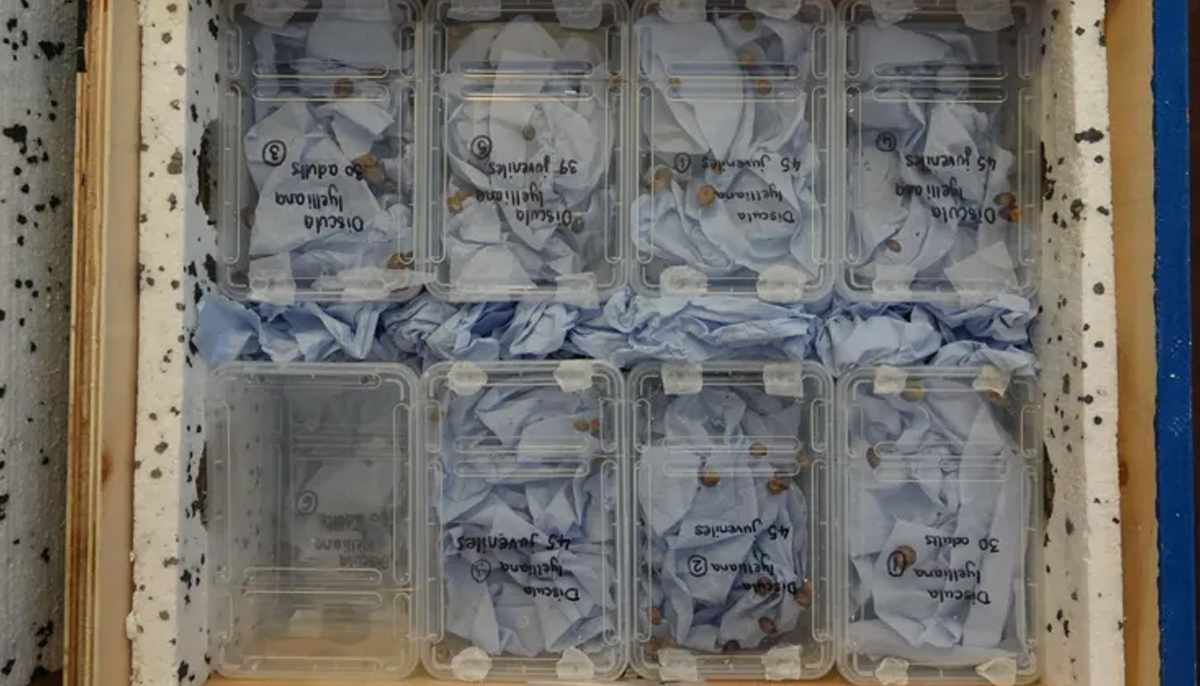
"[It's a] colour code," said Dinarte Teixeira, a conservation biologist at Madeira's Institute for Nature Conservation and Forests.
"This will allow us to spot them and track where they disperse to, how much they grow, how many survive and how well they adapt to their new environment,” the conservationist added.
"If it goes as well as we hope, more snails will follow them next spring. It's a huge team effort which shows that it is possible to turn things around for highly threatened species."
"These snails are such an important part of the natural habitat [on the islands they come from]," explained Heather Prince from Chester Zoo.
"They help plants grow. All of that is dependent on the little guys - the insects and the snails that so often get overlooked,” she explained.





